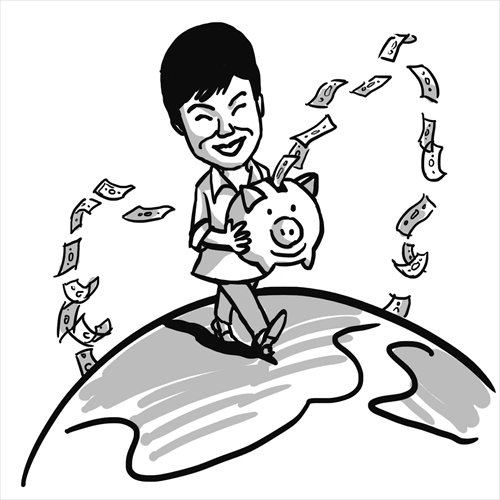Park touts South Korean security on US trip

The US and South Korea reaffirmed their 60-year alliance in Washington during South Korean President Park Geun-hye's first visit to the US since being elected to the Blue House.
The main objective of both presidents was to show unity over trade and security issues for the two nations.
Prior to Park's trip, however, some concerns existed regarding her two-track strategic approach to North Korea among more hawkish circles in the US.
Reaffirming her stance during the US trip, Park stated that North Korea would "pay" if and when South Korea attacked. As expected, North Korea was not silent during the visit, declaring that Park's visit along with the content of her speech to a joint US Congressional session constituted a "prelude to war."
During Park's speech, she reiterated her desire to resolve the Asian paradox among and between China, South Korea, and Japan, in which political tensions between the Northeast Asian neighbor states still exist despite their increased economic interdependence.
For now, Park's proposed solution to this paradox seems somewhat less clear than the paradox itself.
Park has so far offered her policy of "trustpolitik" and the Northeast Asia Peace and Cooperation Initiative at the conceptual level. But how such conceptual approaches will or will not work among the South's Asian neighbors, whose level of trust can fluctuate dramatically at times based on localized events, remains to be seen.
Park was also accompanied by one of the largest economic entourages in recent memory, with more than 50 high-profile and senior representatives from South Korea's business sector accompanying her.
Such figures included some of the heads of South Korea's largest conglomerates, including Samsung, LG, and Hyundai. They were there to pitch the mantra that South Korea is a safe place for foreign direct investment.
Park's economic entourage also served as a strong signal of how importantly South Korean firms value the US marketplace.
The US is still one of South Korea's largest export markets. Thus, Park attempted to strategically disentangle North Korea's recent provocative actions and threats from South Korea's economic interests during her trip.
Her "Korea brand diplomacy" strategy was a purposeful and forceful counter-response to notions that a "Korean discount" is needed for Korean assets due to North Korea.
US President Barack Obama also shared Park's interest in displaying unity and one voice when it came to trade and security issues between the two countries.
In line with comments from the newly appointed US Secretary of Defense Chuck Hagel regarding the North's recent actions, both leaders signaled that future provocations by North Korea could be met by a proportional counter-response by South Korea and its allies.
While a clearly delineated red line was not drawn or defined, recent efforts have been made to define what "provocative acts" by North Korea may mean from the perspective of South Korea's military forces.
Obama had a very close relationship with former South Korean president Lee Myung-bak.
This relationship was in part based on the passage of the US-ROK Free Trade Agreement in which certain goods and services between the two economies would be liberalized.
In the current post-crisis slow growth era, both Park and Obama share a vested interest in furthering the alliance, especially since increased trade opportunities would be more than welcome to spur the economic growth of both countries.
Perhaps it is for this reason that Park and her economic entourage received such a warm welcome by Obama and the US Congress.
After all, South Korea represents a model state of a liberal democracy in a key region, Northeast Asia, that not only has produced a vibrant export-led economy, but also represents an economy that will hopefully be increasingly open to US imports of goods and services.
The author is the founder and CEO of the Asia-Pacific Global Research Group. opinion@globaltimes.com.cn